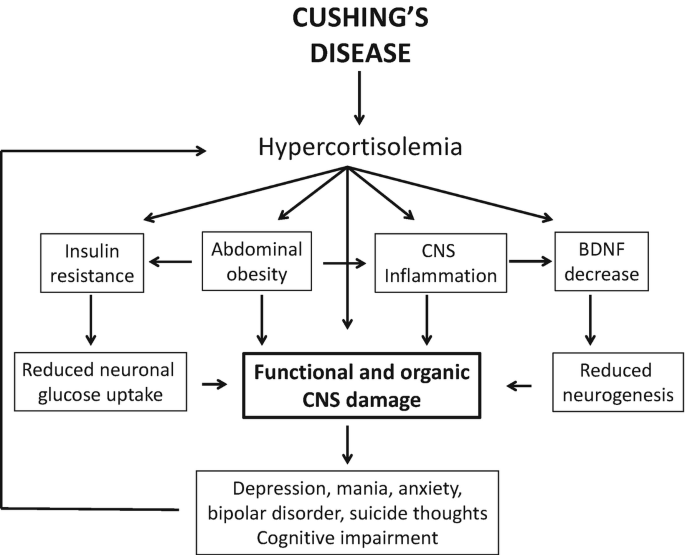Living with an endocrine system disorder can be emotionally challenging, but it doesn’t have to define your life. This article offers valuable insights on how to cope with the emotional effects of such disorders, empowering you to navigate through the ups and downs with resilience and positivity. By exploring coping strategies, seeking support, and fostering self-care, you can reclaim control of your emotional well-being and lead a fulfilling life beyond the constraints of your condition. So, let’s embark on this journey together and discover the tools to conquer the emotional obstacles brought forth by endocrine system disorders.
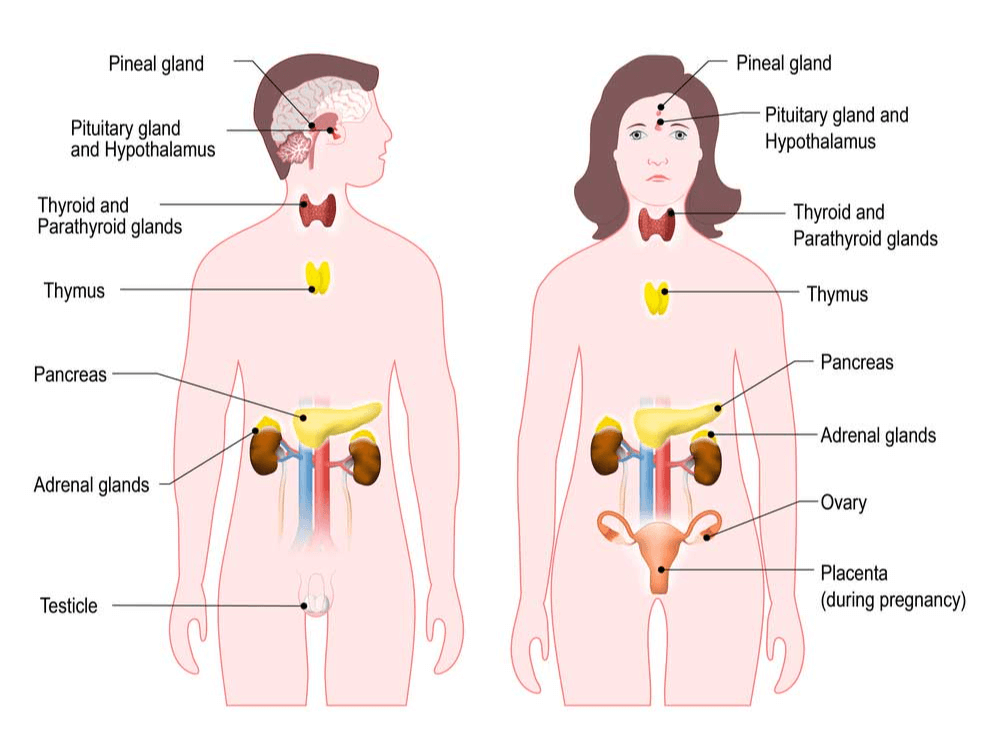
Understanding Endocrine System Disorders
Overview of the Endocrine System
The endocrine system is a complex network of glands that produce and release hormones into the bloodstream. These hormones play a crucial role in regulating various bodily functions, including metabolism, growth and development, sexual function, and mood regulation. The major glands of the endocrine system include the pituitary gland, thyroid gland, adrenal glands, pancreas, and ovaries or testes, among others.
Common Endocrine System Disorders
The endocrine system can sometimes malfunction, leading to the development of various disorders. Some of the most common endocrine system disorders include:
-
Hypothyroidism: This condition occurs when the thyroid gland fails to produce enough thyroxine, resulting in symptoms such as fatigue, weight gain, and depression.
-
Hyperthyroidism: On the other hand, hyperthyroidism is characterized by an overactive thyroid gland, leading to symptoms like rapid heartbeat, weight loss, and anxiety.
-
Diabetes: Diabetes is a chronic disorder in which the body is unable to properly produce or utilize insulin, resulting in high blood sugar levels. Common symptoms include increased thirst, frequent urination, and fatigue.
-
Adrenal insufficiency: This disorder is characterized by insufficient production of cortisol and aldosterone by the adrenal glands, leading to symptoms such as fatigue, muscle weakness, and low blood pressure.
Impact on Emotional Well-being
Endocrine system disorders can have a significant impact on emotional well-being. Hormones play a crucial role in regulating mood, and any disruptions in their production or functioning can lead to emotional imbalances. It is important to recognize and address these emotional effects to ensure overall well-being.
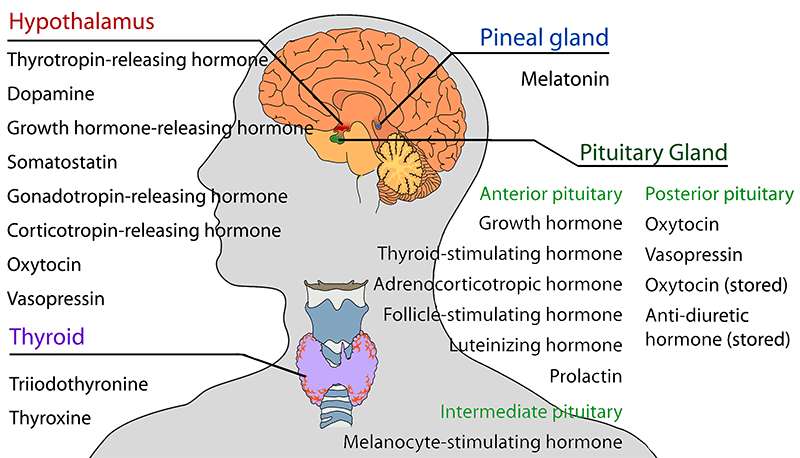
Recognizing Emotional Effects
Symptoms of Emotional Disturbances
Endocrine system disorders can cause a range of emotional disturbances. Some of the common symptoms include:
-
Mood swings: Fluctuations in hormone levels can contribute to sudden changes in mood, leading to periods of irritability or sadness.
-
Anxiety and restlessness: Hormonal imbalances can trigger feelings of anxiety, unease, and restlessness.
-
Depression: Endocrine disorders can lead to feelings of sadness, hopelessness, and a loss of interest in activities that were once enjoyed.
-
Fatigue and lack of motivation: Hormonal imbalances can also result in feelings of fatigue, low energy levels, and a lack of motivation.
Emotional Impact in Different Disorders
Different endocrine system disorders can have specific emotional impacts. For example:
-
Hypothyroidism: This disorder can lead to an overall decrease in energy levels and motivation, resulting in feelings of sadness and fatigue.
-
Hyperthyroidism: On the other hand, hyperthyroidism can cause increased anxiety, irritability, and restlessness due to an excess of thyroid hormones.
-
Diabetes: The chronic nature of diabetes can lead to emotional distress, especially when managing blood sugar levels becomes challenging. Stress and anxiety are common emotional responses to living with diabetes.
-
Adrenal insufficiency: Fatigue and a general feeling of unwellness are prevalent in individuals with adrenal insufficiency, which can contribute to emotional disturbances such as sadness and low motivation.
Psychological Factors Influencing Emotional Health
In addition to the physical changes caused by endocrine system disorders, psychological factors can also influence emotional health. Coping skills, resilience, and support systems play a crucial role in managing and mitigating the emotional impact of these disorders. It is important to address both the physical and psychological aspects of endocrine system disorders to achieve overall well-being.
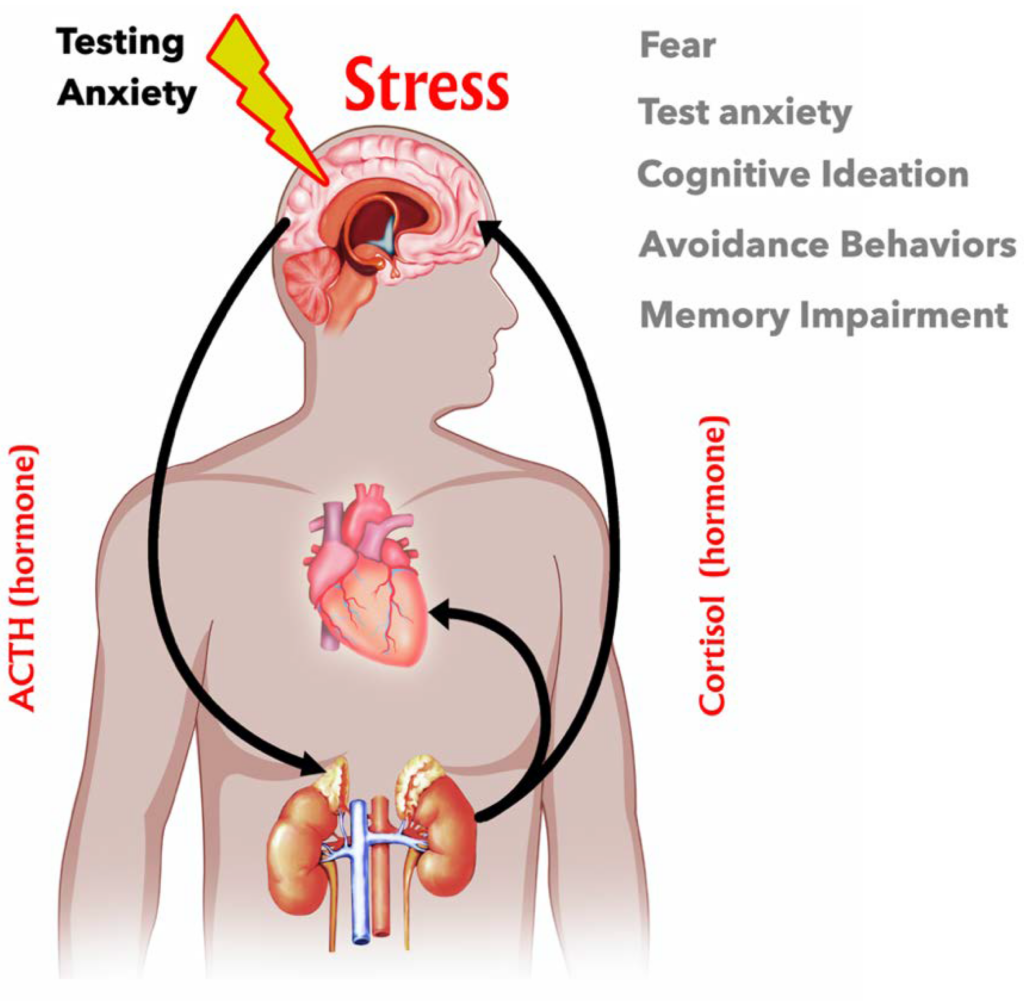
Seeking Professional Help
Importance of Medical Evaluation
If you suspect that you may be experiencing an endocrine system disorder and are struggling with emotional disturbances, it is essential to seek professional help. An accurate diagnosis and medical evaluation are crucial in determining the underlying cause of your symptoms and developing an appropriate treatment plan.
Types of Healthcare Professionals
There are several healthcare professionals who specialize in the diagnosis and treatment of endocrine system disorders. Some of the professionals you may encounter in your journey include:
-
Endocrinologists: Endocrinologists are physicians who specialize in the diagnosis and treatment of hormone-related disorders. They have in-depth knowledge of the endocrine system and can provide expertise in managing endocrine system disorders.
-
Primary care physicians: Your primary care physician can play a crucial role in identifying potential endocrine system disorders and referring you to the appropriate specialist for further evaluation and treatment.
-
Mental health professionals: Mental health professionals, such as psychologists or counselors, can provide support in managing the emotional effects of endocrine system disorders. They can offer therapy, coping strategies, and emotional support to help you navigate the challenges of living with these disorders.
Therapeutic Approaches for Emotional Support
When seeking professional help for emotional support, there are various therapeutic approaches that can be beneficial. Some common therapeutic approaches include:
-
Cognitive-behavioral therapy (CBT): CBT helps individuals identify and change negative thought patterns and behaviors that contribute to emotional distress. It can be effective in managing anxiety, depression, and other emotional disturbances.
-
Supportive therapy: Supportive therapy involves building a trusting relationship with a mental health professional who provides guidance, empathy, and validation. It can help individuals gain insight into their emotions and develop coping strategies.
-
Group therapy: Group therapy involves participating in therapy sessions with a group of individuals who may share similar experiences. This can provide a sense of connection, support, and the opportunity to learn from others who are going through similar challenges.
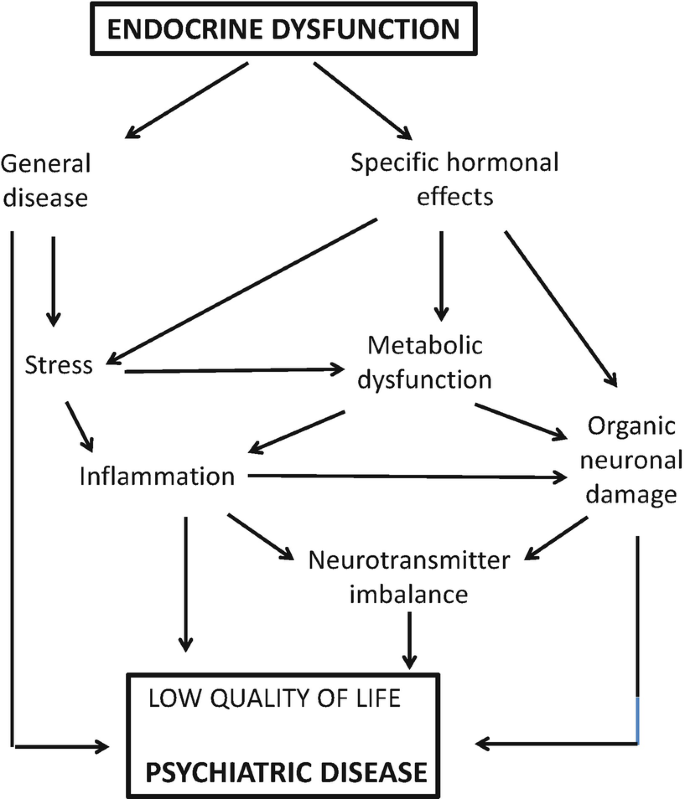
Developing Coping Strategies
